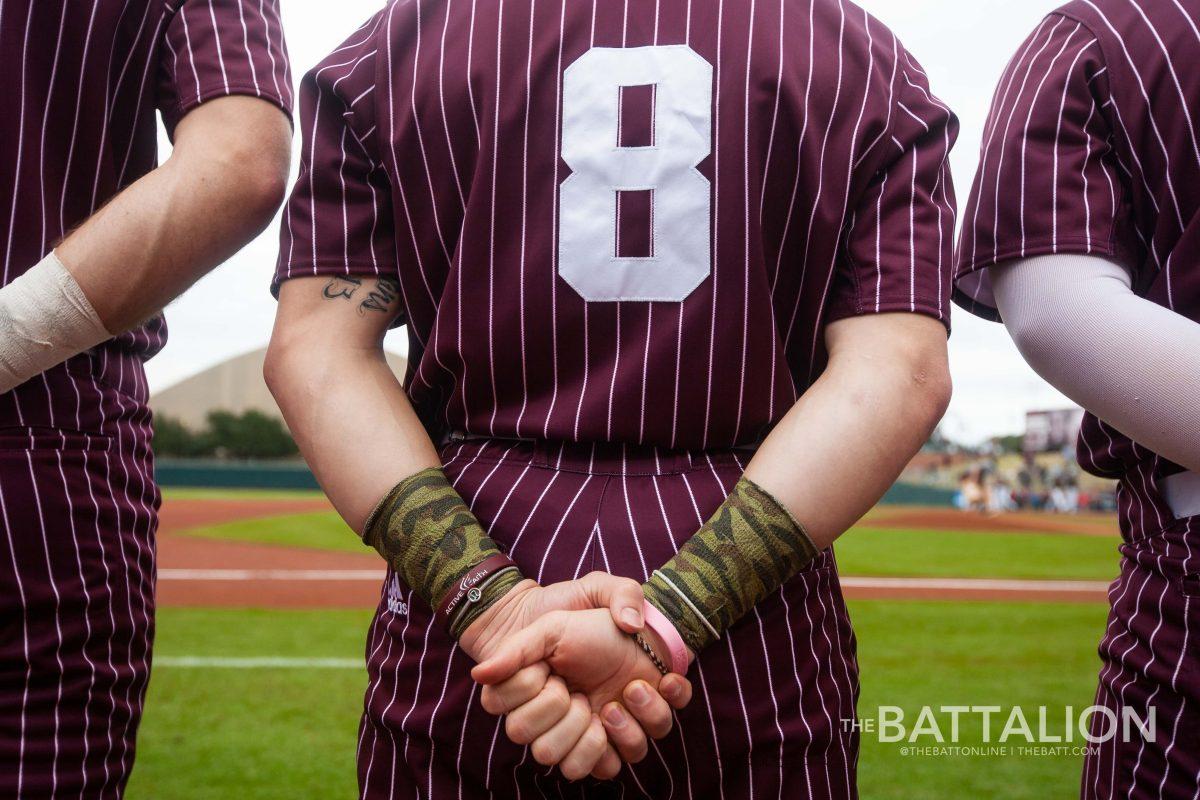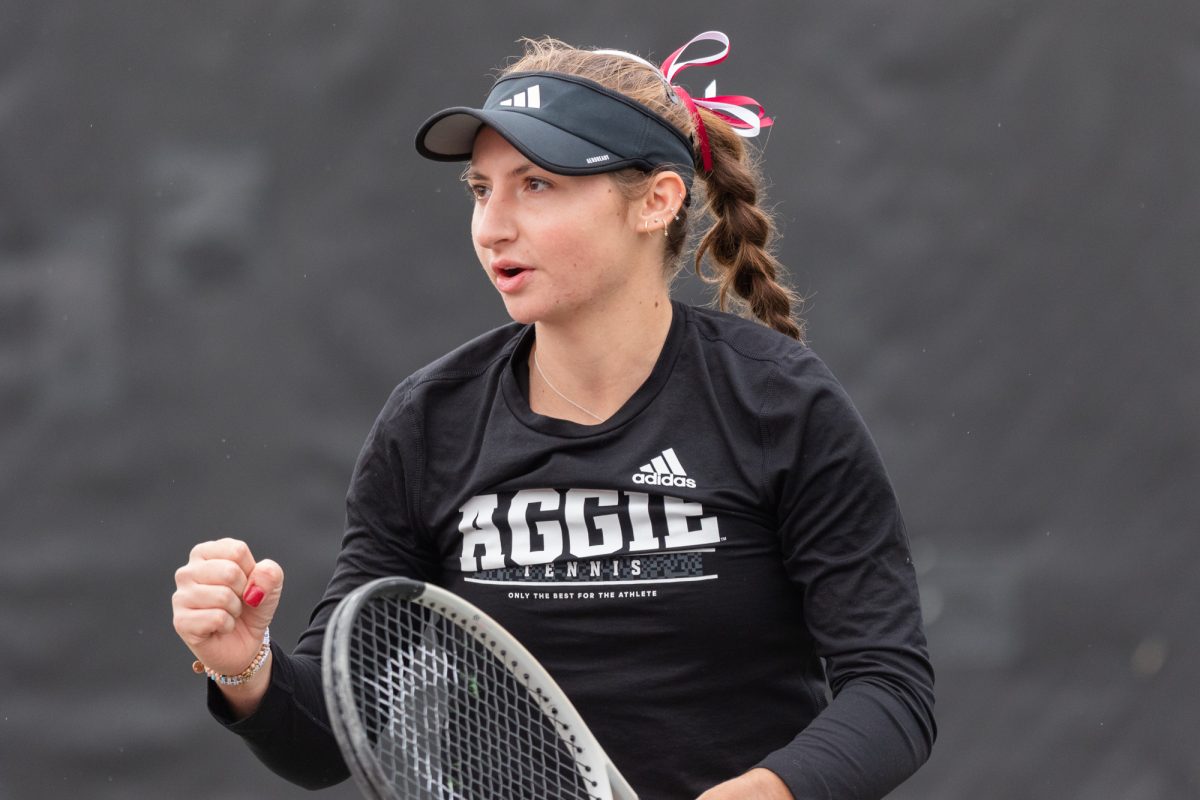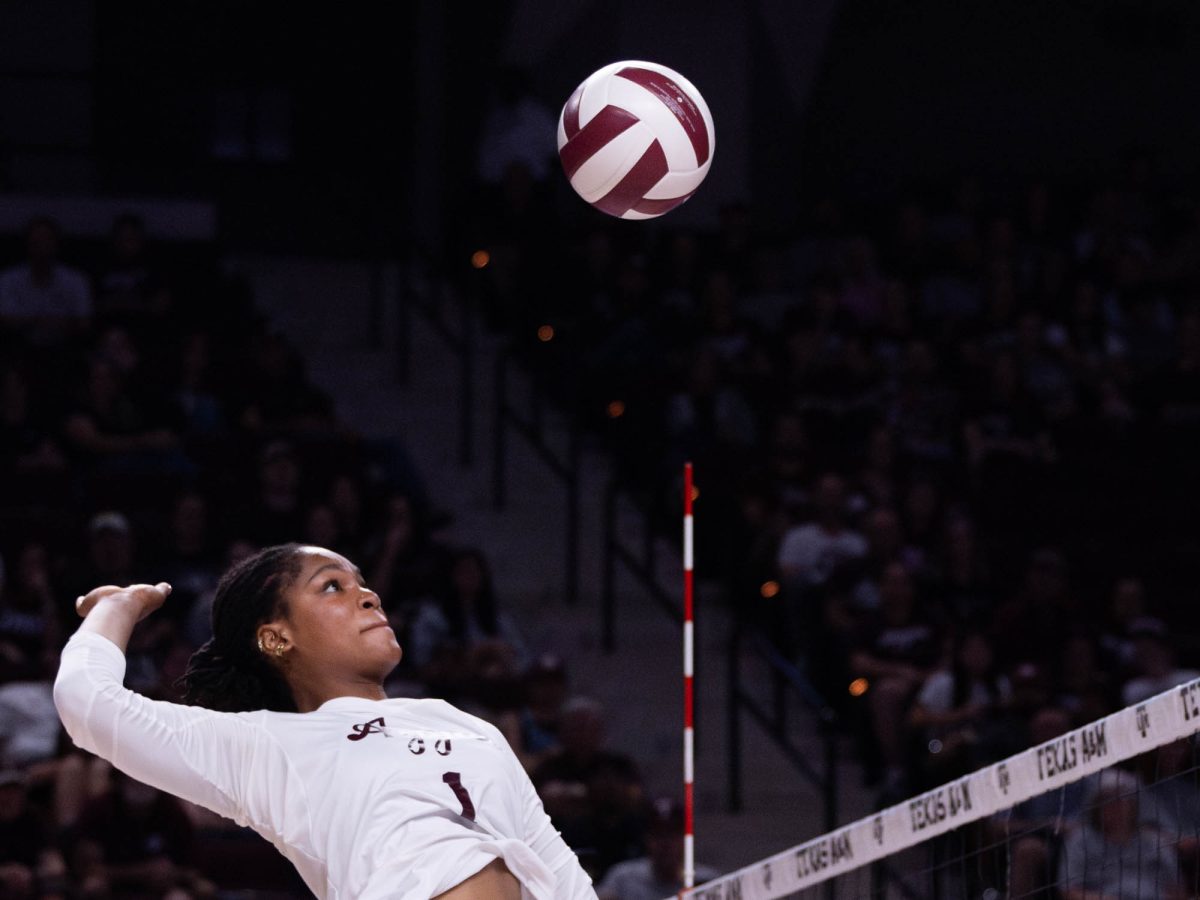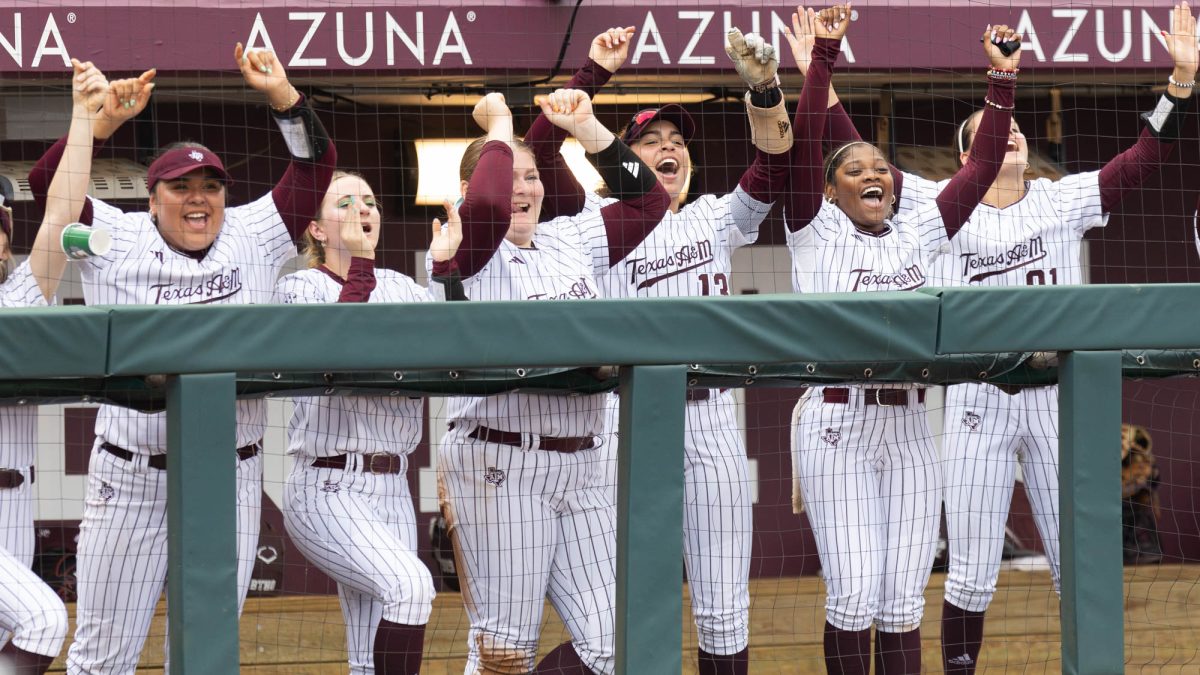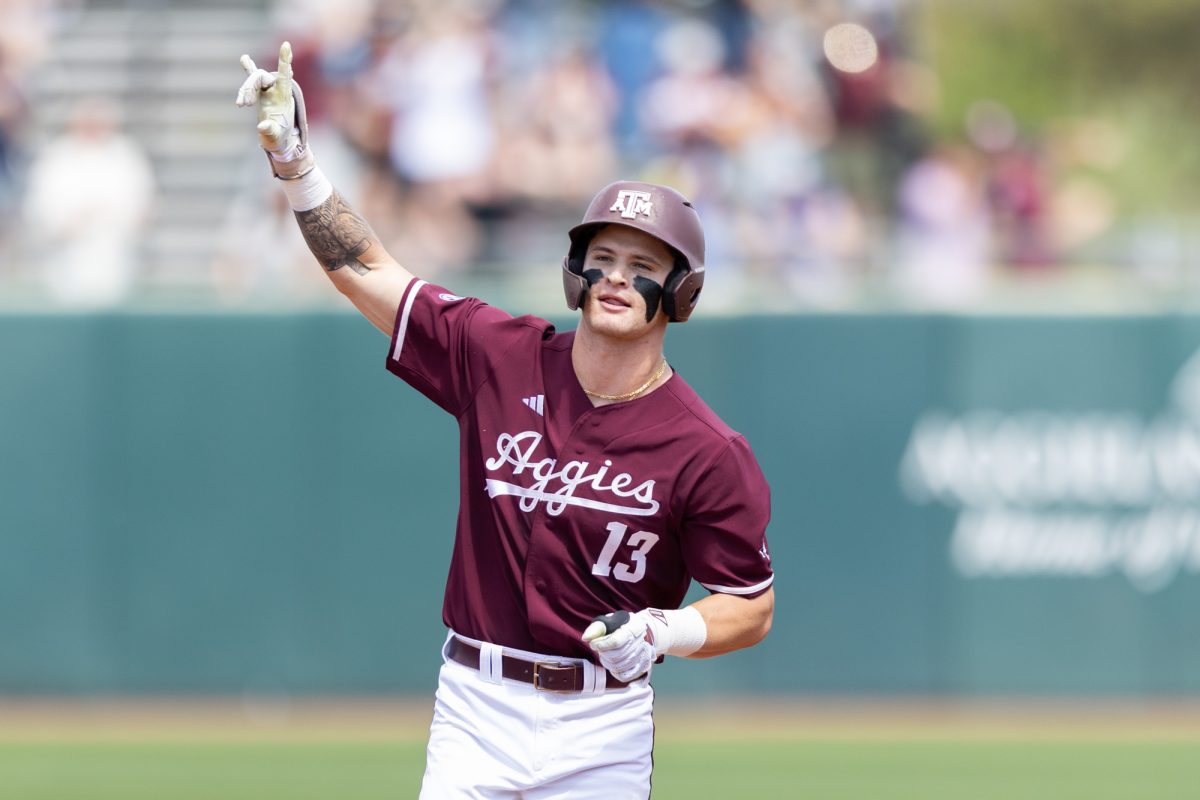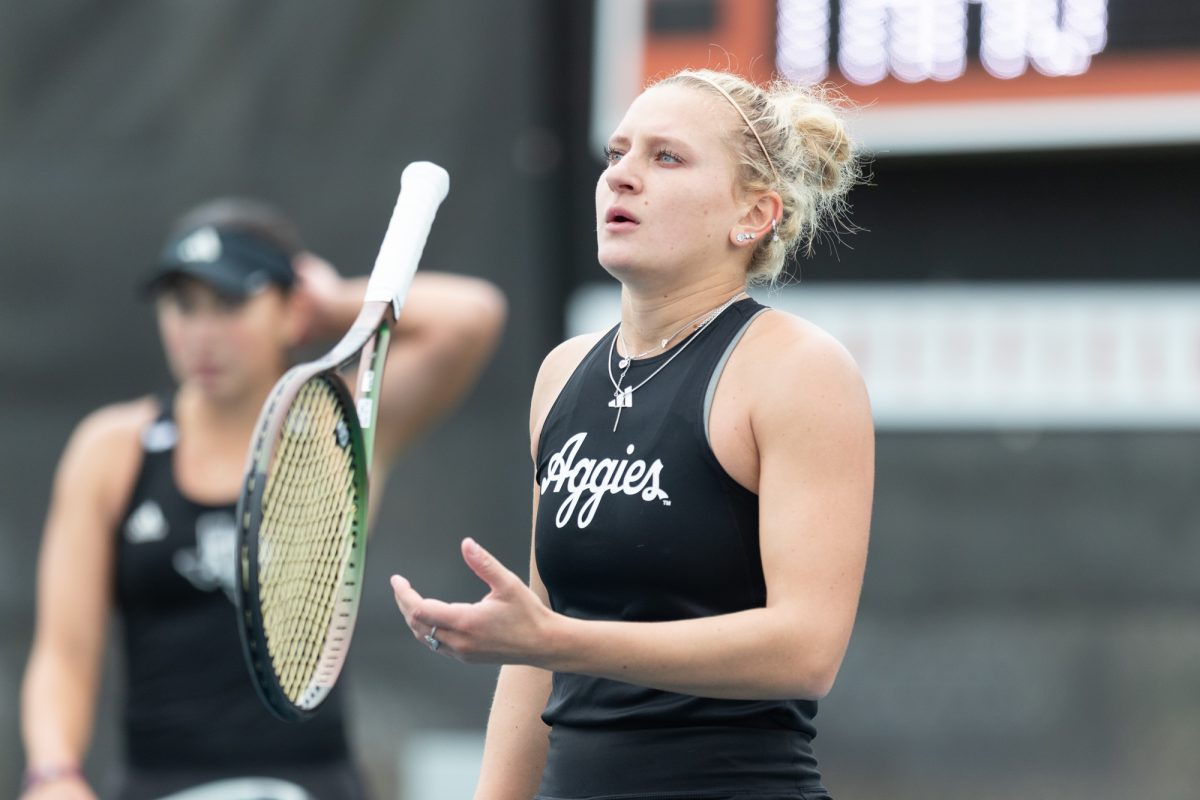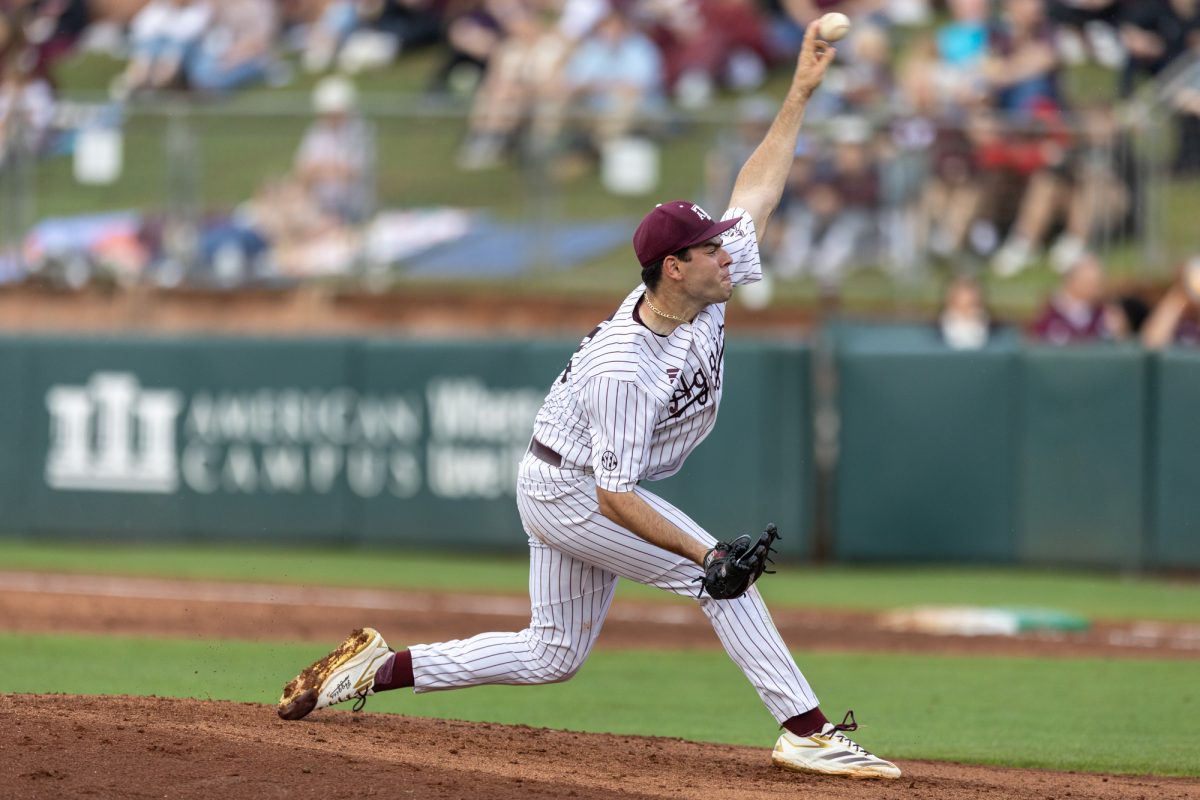The sports world has seen major changes over the last three days, in response to the COVID-19 pandemic. Here’s what we know so far:
A timeline of events
Wednesday, March 11
The NCAA announced it would limit fan attendance for the March Madness games to only “essential staff and limited family.” The SEC then followed with a similar ban of its own for regular season contests through March 30.
Thursday, March 12
Following the announcement that the NBA would suspend its season due to a Utah Jazz player being diagnosed with coronavirus, the SEC decided to cancel the remainder of the Men’s Basketball Tournament, which had begun on Wednesday. Texas A&M was set to face Missouri at 6 p.m. on Thursday.
The conference followed with an announcement that all regular season games were canceled through March 30.
The NCAA announced it was cancelling all remaining winter and spring championships. For A&M, this affects men’s and women’s basketball, baseball, softball, men’s and women’s track and field, equestrian, and men’s and women’s swimming and diving.
Friday, March 13
The SEC extended its suspension of athletic events to April 15 and announced it would now include “all organized team activity,” which bans team and individual practices, meetings and other organized activity.
The NCAA Division I Coordination Committee made two announcements on Friday, saying it felt “eligibility relief is appropriate” for athletes whose seasons were cut short due to the suspension of athletic activity and banning in-person recruiting on and off campus through April 15.
What this means for A&M:
For student-athletes in spring sports, their seasons are put on hold indefinitely. In addition to the suspension of games, the SEC has banned all organized team activity, which has forced A&M athletics to close its weight room to athlete use. A&M athletic director Ross Bjork said in a press conference on Friday that the teams are still discussing solutions to the issue of how to fill the athletes’ time.
While the weight rooms and many other athletic facilities will remain closed, the nutrition center and the training rooms will continue to provide assistance to athletes.
“We’ve eliminated individual workouts,” Bjork said. “I can’t have student-athletes come to my weight room. But we know they’re going to want to work out. They can’t be in our batting cages; they can’t be in our weight rooms. Our training rooms will be open, nutrition will be open, but everything else is going to be shut down.”
The training rooms will remain open in order to monitor potential cases of COVID-19 among athletes, Bjork said.
“Right now, any testing in Brazos County has to go through the health department,” Bjork said. “Our doctors would facilitate anybody who comes up with any sort of symptoms. We do want our athletes if they come back into town in the next couple weeks to check in with our trainers.”
Bjork said the athletic department is allowing the student-athletes to choose whether to remain in College Station or return to their hometowns.
“Some athletes will want to be here,” Bjork said. “If they feel this is the safest place, they’ll be here. If they feel they need to be at home, we’re not making anything mandatory; we’re not making anything optional.”
For international student-athletes, Bjork said the NCAA is allowing schools to assist them with travel needs and other resources, though he said he doesn’t know the logistics of that yet.
“If there’s extra things that we can do that they need, the NCAA is going to allow for that,” Bjork said. “I don’t know what that is yet.”
As far as sporting events go, there is still much uncertainty surrounding the next step.
With the suspension of the season and practices until April 15 and the cancellation of NCAA Championships for spring sports, talk of simply postponing the season until the spread of coronavirus has decreased has been prominent on social media, though no decision has been made on that yet.
“I don’t think we can rule out anything, but I don’t think we can rule in anything either,” Bjork said. “As we talked this morning, [football was] going to practice on March 23. Coach Childress talked to his baseball team at noon.
“This thing is evolving. Who knows what will happen. Who knows what will happen with SEC Championships at this point; who knows what will happen with any regular season in the spring sports. All those things still are coming together.”
A&M football was scheduled to begin spring practice on March 23, with the spring game on April 18. Bjork said no decision has been made on whether to postpone or cancel the game.
“If we’re off until April 15, when would you fit in spring practice?” Bjork said. “It’s probably too early to tell right now. Right now, we’re just on hold.”
Despite the major changes that have hit sports over the past few days, these changes have effects beyond athletics.
A&M employs thousands of hourly employees during the spring, Bjork said, and they are now without sporting events to work for the next month and possibly longer.
“We’re not at the magnitude that you would be if this happened during football, but there’s people that rely on this,” Bjork said. “We don’t have a plan for all of that. I know some professional teams have looked into how to accommodate that, but we don’t know yet. We’d like to, but we have a lot of third-party vendors that work with us. We’ll be in communication with them on some plans on how to support them the best we can.”
In addition to the employees, season ticket holders are affected by the suspension. Bjork said A&M is waiting on an announcement regarding the remainder of the season to make a decision on refunding money for ticket holders.
“With our ticket holders, we’ve said, ‘We’ll get back to you,’” Bjork said. “Now that we know we’ve moved from March 30 to April 15, that’s two more weeks. What does that look like if we resume seasons? We don’t know yet.”
Bjork said A&M is not concerned with the potential loss of revenue that the SEC and NCAA’s bans could cause, as they know keeping the student-athletes, staff and coaches safe is the priority.
“We know that we’re going to have it ebb and flow,” Bjork said. “Save money in some ways and we’re going to lose revenue in other ways.”
Despite the desire for sports to return, Bjork said the most important course of action is to prioritize the athletes’ health.
“I do believe we need to get back to playing games, but that’s not the most important thing right now,” Bjork said. “The health and safety [of the athletes] is way more important, so what championships look like, is it scaled down, I hope there’s a window for that, but I also know that we don’t know where this thing’s going. Until we have that, I think it’s too early to talk about that.”
What we know: sports amid COVID-19 pandemic
March 14, 2020
Photo by Photo by Meredith Seaver
The Texas A&M baseball team wore their pinstripe uniform for Game 3 with the potential of a sweep.
0
Donate to The Battalion
$2065
$5000
Contributed
Our Goal
Your donation will support the student journalists of Texas A&M University - College Station. Your contribution will allow us to purchase equipment and cover our annual website hosting costs, in addition to paying freelance staffers for their work, travel costs for coverage and more!




